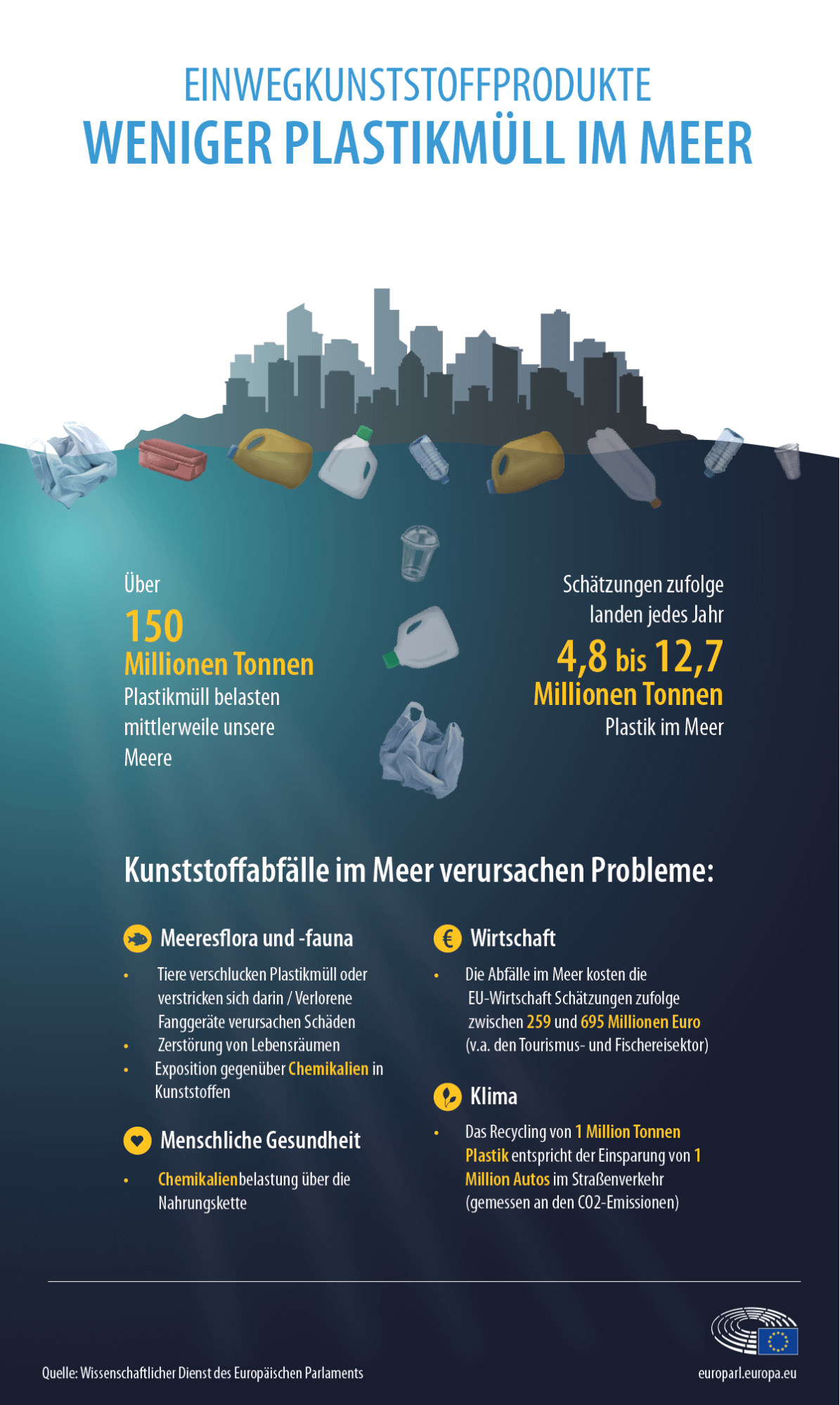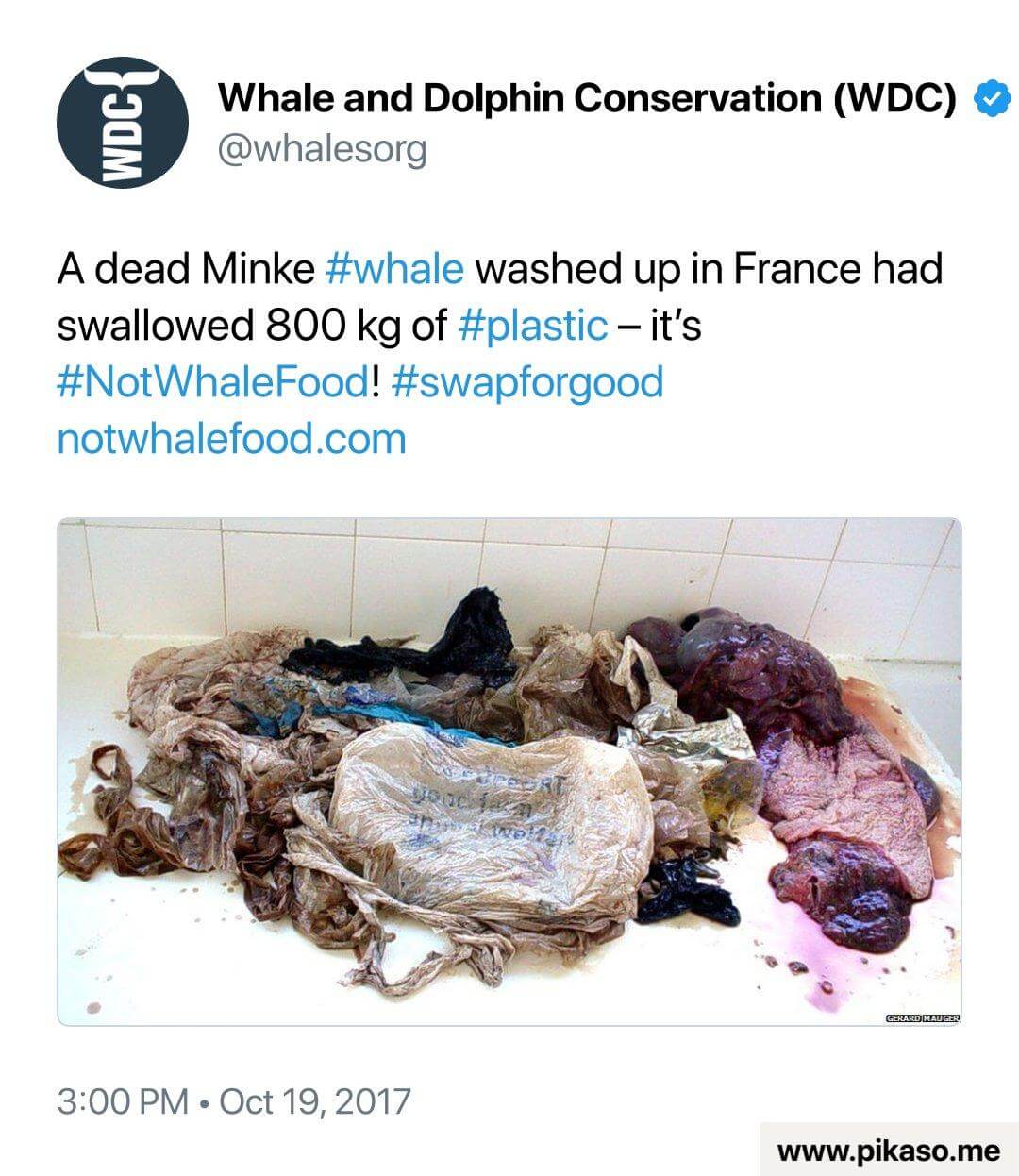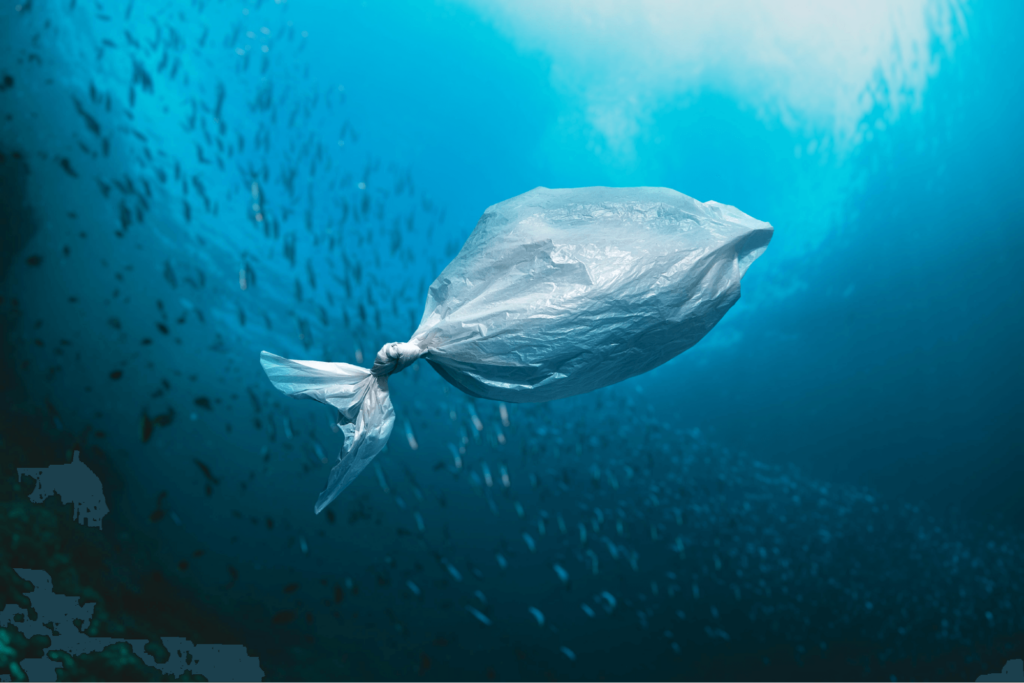The oceans not only serve as a place of longing and recreation for millions of people, but also play a crucial role in regulating weather and climate patterns worldwide. Amidst the challenges posed by the man-made climate crisis, the oceans act as a buffer by absorbing much of the global warming. Without living oceans, there would not only be a loss of biodiversity, but also serious impacts on climate and weather regulation. However, these waters, which are a source of food, labour and even oxygen, face a growing threat: pollution from plastic waste and other environmental contaminants.
Oceans are life-givers: the importance of the oceans for humans and nature
The global pollution of the oceans by plastic waste poses a serious threat to marine ecosystems. Around 70 per cent of the Earth’s surface is covered by water and yet, according to the WWF, hundreds of thousands of pieces of plastic waste are floating in every square kilometre of ocean. These alarming figures emphasise the urgency of taking action to protect our oceans.
The future of humanity is inextricably linked to the fate of the oceans. In order to do justice to this fundamental connection, a comprehensive commitment to the protection and sustainable use of the oceans is required. The following sections present initiatives and solutions that are actively working to clean up and protect the oceans.
The extent of the plastic flood
The Federal Ministry of Education and Research shows that three quarters of marine litter consists of plastic and that 4.8 – 12.7 million tonnes of plastic end up in the oceans every year.

MEPs stress that 730 tonnes of waste end up in the Mediterranean every day, with fishing and aquaculture waste accounting for 27 percent of marine litter. So-called “ghost fishing gear”, i.e. fishing gear that has been lost at sea, is particularly problematic. Advanced identification tools are needed to better locate and combat them. MEPs are therefore in favour of investing in research and innovation for environmentally friendly fishing gear.
Species extinction

The risk to seals in the Dutch Wadden Sea from fishing net debris and plastic waste quadrupled between 2010 and 2020, according to a study by the Pieterburen Seal Centre. During this period, there were 145 stranding reports, most of which involved grey seals (81.4 per cent) becoming entangled in fishing nets. The number of strandings has increased since 2017, with a peak of 38 stranded seals in 2019.
Of the 145 stranded seals, 15 were already dead and 30 live animals could not be freed from their entanglement. 41 animals were successfully freed at the site, while 59 were captured due to injuries and taken to rehabilitation centres. The survival rate of the animals taken into rehabilitation was 85.7 per cent.

The researchers see the increase in entangled seals as a significant threat to the affected populations. Public programmes and government measures are required to reduce the amount of fishing net waste entering the sea. The majority of plastic waste comes from shipping and fishing, especially fishing nets.
The threat posed to fulmars by plastic waste is alarming. Studies on the German North Sea coast show that between 88% and 97% of the stomachs of fulmars found dead contain plastic waste. In almost half of the cases (around 49%), more than 0.1 grams of plastic is found in the stomachs, a value that should be limited to a maximum of 10% according to the OSPAR Convention. This target will probably only be reached in the distant future due to the slow decomposition of plastics in the sea.

Although Germany has signed the OSPAR Convention, meeting the 10 % target remains unrealistic as large quantities of plastic continue to enter the sea. The indicator is based on surveys of dead fulmars found on the German North Sea coast and shows a slight downward trend in ingested plastic, but the numbers remain worryingly high.
In 2017, Whale and Dolphin Conservation reported a whale with over 800 kilograms of plastic inside the beached animal.

In relation: According to Statista, residents of Germany generated around 41 kilograms of plastic packaging waste per capita in 2021. This means that the whale was carrying the annual consumption of around 20 German residents.
Initiatives to protect the oceans
The importance of protecting the oceans requires a global effort, but implementing legislation at an international level can be time-consuming. In view of this, various initiatives have been formed to actively contribute to the protection of the oceans. Some of these initiatives are:
The Ocean Cleanup
The Ocean Cleanup is an innovative initiative that focuses on developing advanced technologies to clean the oceans of plastic waste. The company was founded in 2013 by Boyan Slat and focuses on special systems to remove plastic from the oceans. The Ocean Cleanup relies on passive systems that are driven by water currents to capture and collect plastic waste. The system has the potential to remove up to 50 per cent of the Great Pacific Garbage Patch within five years and aims to remove nearly 90 per cent of ocean plastic by 2040.
ProOcean
ProOcean is an organisation dedicated to protecting the oceans and their inhabitants. The initiative uses a variety of measures to combat marine pollution and raise awareness of the importance of the oceans. ProOcean not only carries out rubbish collections in mangrove forests in the Philippines before plastic waste can enter the oceans, but also organises educational projects to raise awareness of plastic pollution – the latter in cooperation with the Daniel Schlegel Umweltstiftung. As part of these activities, local jobs are created and transparent commitments to UN sustainability goals are demonstrated.
Stiftung Meeresschutz
The German Stiftung Meeresschutz is passionately committed to the preservation and protection of the oceans. The foundation focuses on targeted projects to preserve the oceans’ diverse ecosystems. In 2022 alone, the Marine Conservation Foundation provided more than 5 million euros to research and combat the flood of plastic in the oceans. With a focus on long-term solutions, the foundation is investing in programmes to research and reduce fisheries and aquaculture waste, with the aim of eliminating at least 50% of this waste by 2030.
Taking action against the flood of plastic waste: A shared responsibility
The global increase in plastic waste poses an alarming threat to the oceans and their inhabitants. It is time to take action, not only through donations to charitable organisations, but also through personal commitment. The global destruction of our livelihoods requires a collective rethink and decisive action. Only together can the growing flood of plastic waste be stopped and the negative impact on the environment minimised.
The drastic reduction of plastic is a decisive measure to avoid unnecessary packaging on a large scale. A dialogue with industry and politicians is essential here. It is also important to replace single-use products with sustainable reusable solutions. This requires studies, educational work and support for companies in implementing reusable systems.
Preventing plastic from entering the environment and waterways requires the establishment of a functioning recycling system, particularly in countries with inadequate waste disposal systems, such as Indonesia, Thailand, China and many others.

The recovery of plastic from nature plays a critical role in protecting the marine environment. Measures to prevent mortal danger to marine animals, such as cleaning beaches, recovering ghost nets and cleaning coral reefs, are essential. At the same time, the formation of microplastics must be stopped through measures such as filter systems in estuaries.
In the context of resource consumption, sustainability and ecological rucksacks, projects to reduce plastic in the sea are of great importance. These sustainable solutions not only minimise the ecological footprint, but also contribute to reducing the consumption of resources. The promotion of waste banks and fair payment plays a key role in recognising plastic as a recyclable material. Training courses on upcycling and combating poverty by eliminating plastic waste help to strengthen the responsibility of each individual in dealing with plastic.
Outlook and commitment
The problem of the flood of plastic waste requires ongoing information and cooperation. Based on the cooperation between the Daniel Schlegel Environmental Foundation and the ProOcean team, further information on this topic will be provided in the future.
World Oceans Day on 8 June also offers an opportunity to rethink habits and take positive action for the environment and the oceans. It is an annual reminder from the United Nations that our commitment has a decisive influence on the future of the oceans.



